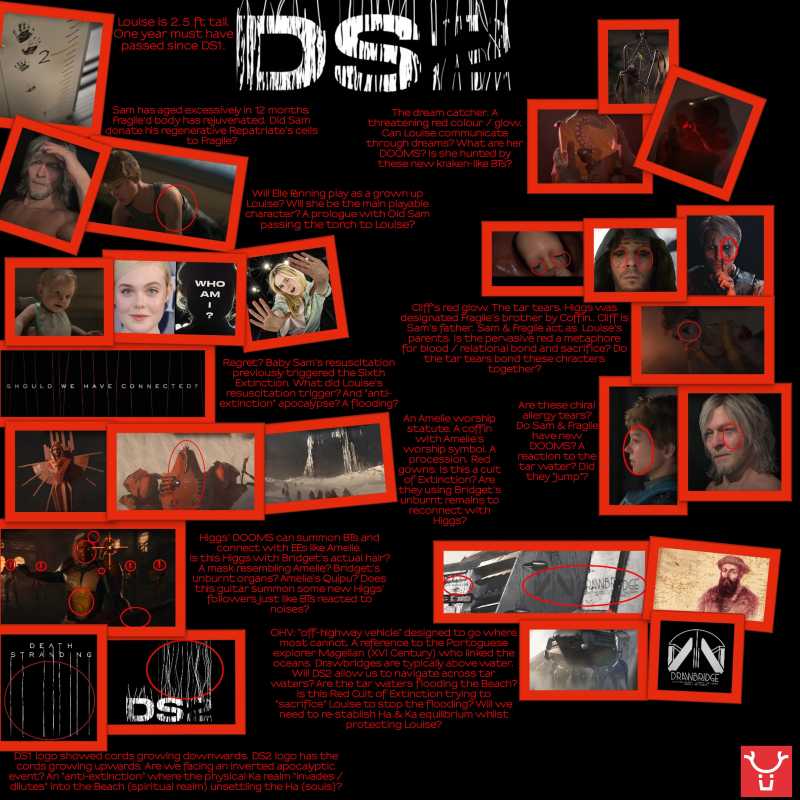Entertainment
Death Stranding 2 Trailer Raises Questions and Generates Hype with its Lyrical Strangeness

Last night, a ten-minute preview of the highly anticipated Death Stranding 2 was released, leaving fans with more questions than answers. The trailer, filled with enigmatic imagery, has sparked buzz and generated immense intrigue. Fans are left pondering the meaning behind a puppet, a baby, an electric guitar that shoots lightning, and the involvement of renowned game developer, Kojima.
As someone who appreciates the amalgamation of movies and video games, one might think that Kojima’s work would be perfect for them. Kojima’s deep affection for cinema is evident, as he draws inspiration from movies like Sunset Boulevard, Kiss Kiss Bang Bang, and Synecdoche, New York. However, despite this shared passion for movies, many players, including myself, have struggled to connect with Kojima’s games on a deeper level.
While Kojima’s admiration for cinema is apparent, some players fail to understand the hype surrounding his games. Personal opinions aside, the release of Death Stranding 2’s trailer has already created anticipation for the upcoming sequel. Despite not comprehending the intricacies of Kojima’s games, the promise and allure of Death Stranding 2 is enough to pique the interest of fans.
It is true that the gaming industry tends to glorify and idolize certain developers, thus overshadowing the collaborative efforts involved in game creation. This issue is exemplified in the reception of games like The Last of Us Part II, where the focus is often redirected solely on the leading figures like Kojima or Druckmann. While the discussion around these influential individuals should be more balanced, it does not diminish the merit of Kojima’s work.
Death Stranding 2’s trailer embraces a lyrical and abstract approach to storytelling. It does not conform to conventional narrative structures but instead aims to evoke emotions and create a unique experience. Rather than seeking to understand every aspect of the story, Kojima encourages players to feel the essence of the game.
This approach allows for wild and seemingly unrelated ideas to coexist within the game’s narrative. It is not necessary for everything to make logical sense; perhaps Kojima himself does not have all the answers. This artistic choice delivers a deeper level of meaning beyond the conventional understanding of storytelling. A similar sentiment can be found in Wes Anderson‘s recent film, Asteroid City, where characters grapple with their understanding of a play within a movie within a play, and the director advises them to focus on the act of storytelling rather than seeking complete comprehension.












